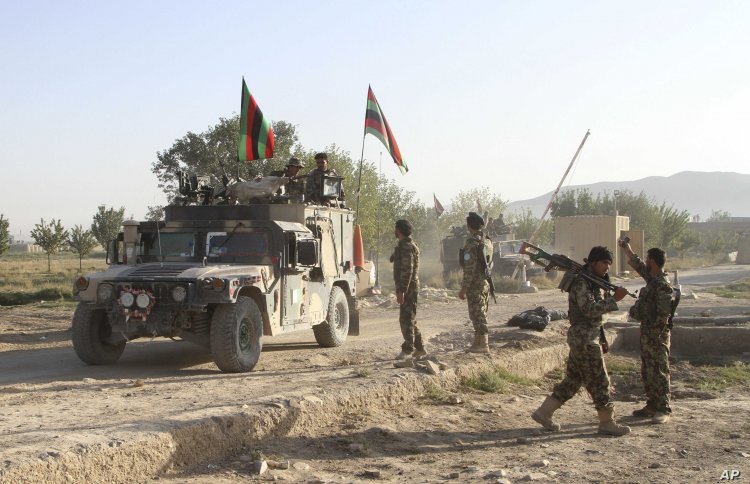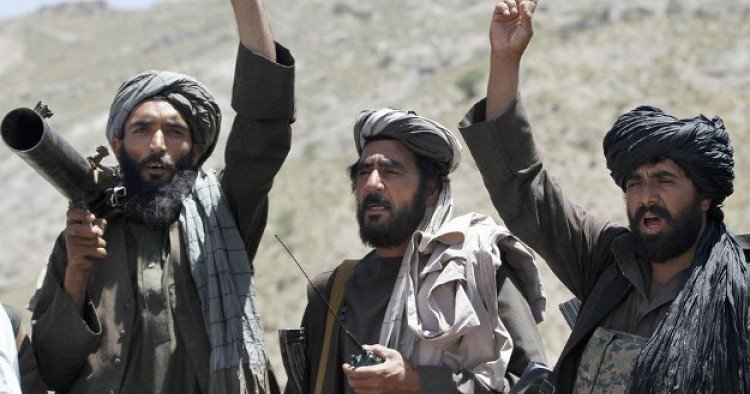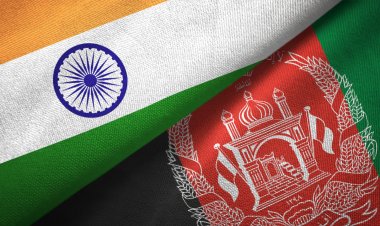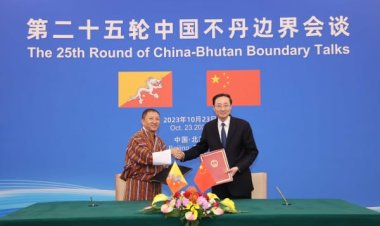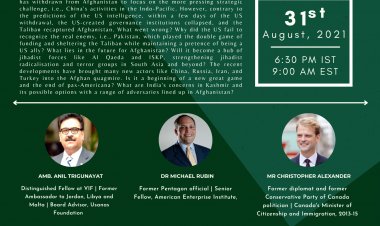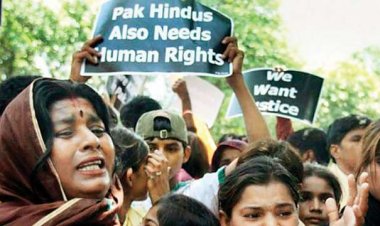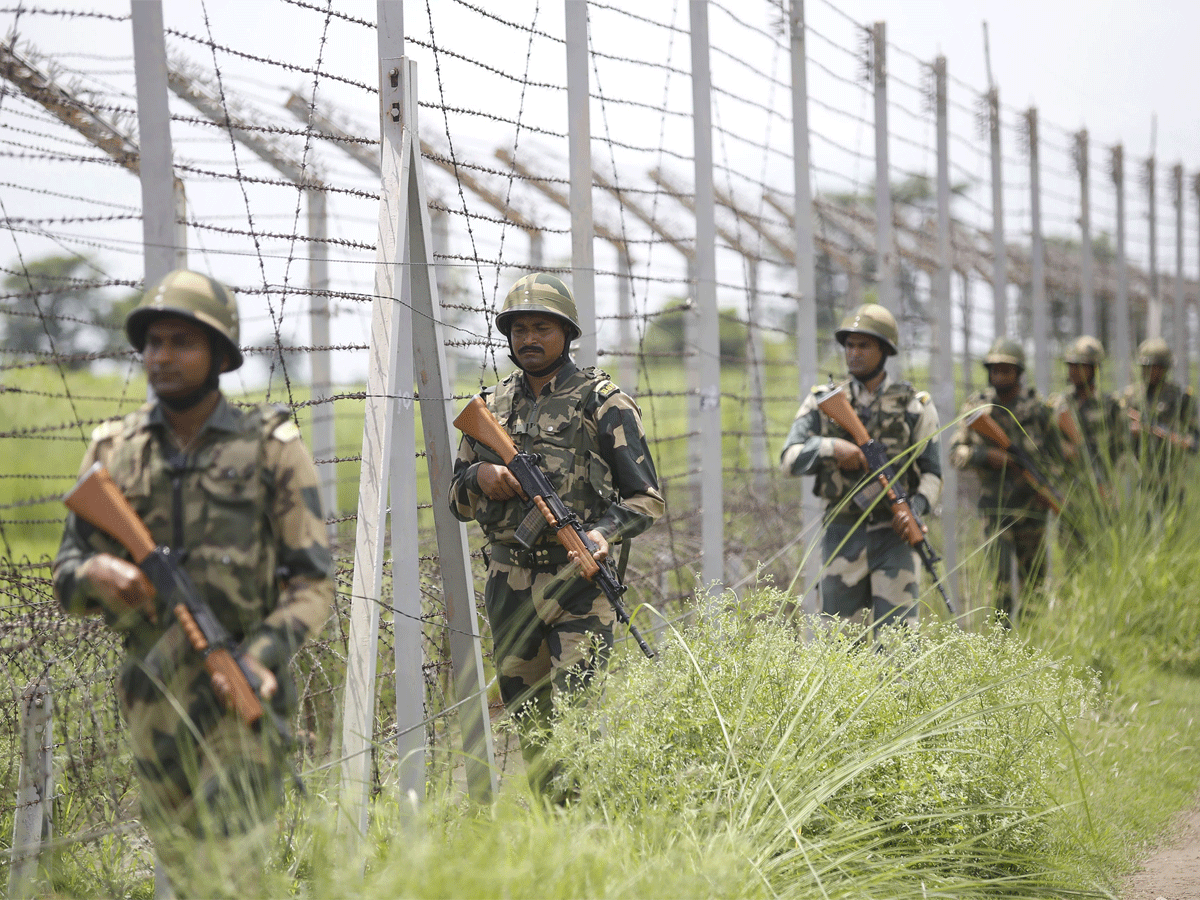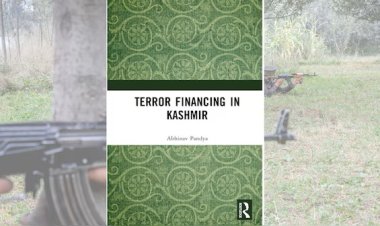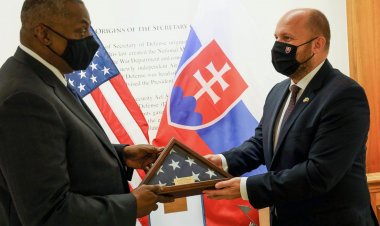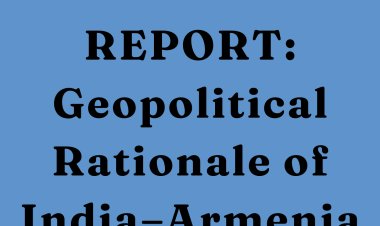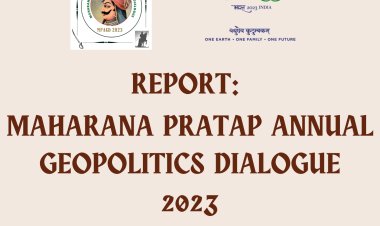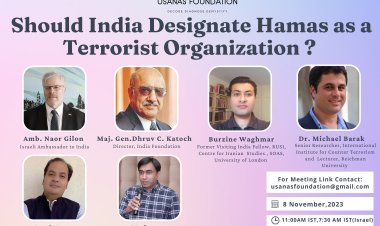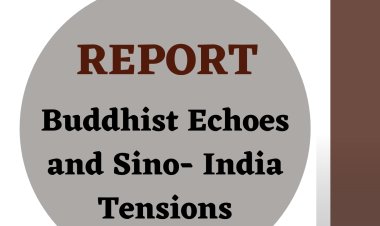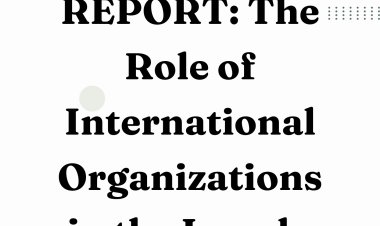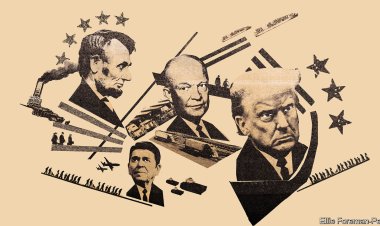India in Afghanistan's Peace Process: Need for a "Cautious" Engagement
Exploring India's significant options and a future strategy
Analysis
Dr. Nalin Kumar Mohapatra
India should pursue a “cautious” policy in the Afghan Peace Process, keeping in mind the history of the Taliban. Taliban cannot be trusted as it is a terrorist and radical organisation and taking instructions from its mentor, i.e., Pakistan. Even China has also mended fences with the Taliban in recent years. It is in this context; any political reconciliation in Afghanistan is a distant dream. What is required in Afghanistan is growing cooperation among India, Central Asian countries, Russia, and the US along with moderate mainstream Afghan political elite so that peace and stability in this “war-ravage country” can be restored.
The recent developments which are taking place in the perennial trouble-torn Afghanistan are generating false hopes that the dreaded terrorist group Taliban has entered into a peace negotiation with the existing elected Afghan political establishment, with honest intent. Of course, this is not the first time that the Taliban and the Afghan government are engaging in negotiation; talks are taking place regularly for long. But what is new about the Afghan peace process is India’s direct participation. India’s involvement in the peace process has to be understood in the context of growing desire on the part of the United States to wiredrew its troops from Afghanistan. One may recall here that the US under the Trump Administration is also consistently reposing faith in India as a “stabiliser” to the Afghan crisis. Even the local Afghan masses along with its leadership, think that India can certainly bring peace to the country. At the same time, Russia, which was one of the major actors in this crisis since the intervention in the Afghanistan, way back in 1979 (in its earlier incarnation as the then Soviet Union), is interested in returning to its old geopolitical space. On the other hand, China and Pakistan are more interested in turning it into a “war-torn zone” so that they can fish in the troubled water for achieving their nefarious intent.
One noteworthy aspect of India’s approach to Afghanistan is evident from the fact that the basic postulates have not changed. This is despite the fact that India is participating in the negotiation at Doha where Taliban is also participating along with the Afghan government and other stakeholders. The quintessence of India’s policy towards Afghanistan was highlighted by S. Jaishankar, the External Affairs Minister, during his address to the Doha Negotiation in virtual mode. Jaishankar’s view reflects a consistent and coherent policy towards which has not changed much. As he stated, it should be “be Afghan-led, Afghan-owned and Afghan-controlled; “Respect national sovereignty and territorial integrity of Afghanistan;• “Promote human rights and democracy” .
These three principles, which Jaishankar articulated, highlight the cardinal philosophy for ensuring peace and stability in Afghanistan. The need for an “inclusive peace process” in Afghanistan is one of the most crucial issues that need to be addressed for resolving the Afghan crisis. However, what one witness over the years in the Afghan political spectrum is a continuous rivalry between the Pashtuns, the Tajiks, and Uzbeks to dominate the Afghan space. This is the moot point of conflict in Afghanistan, as argued by scholars. It is a well-known fact that the Taliban claims its “legitimacy” in the domestic political process, mainly to the Pasthun majority population's backing. This fact also one cannot ignore while analysing the political processes of Afghanistan. Simultaneously, in the “national reconciliation process” of Afghanistan, the interests of Tajiks and Uzbeks, the two other ethnic communities of the Central Asian origin, cannot be ignored. One may recall here that the Northern Alliance representing mostly ethnic Tajiks, played a vital role in checkmating the Taliban scourge in Afghanistan. It is in this context one may underline here that any political processes in Afghanistan need to take the interests of all sections of the Afghan society. Of course, in the present regime of Ashraf Ghani, Abdullah Abdullah, a ethnic Tajik holds an important position. Hopefully, India, being a participant in the Doha Negotiation, should ensure that the present regime under Ghani, being a moderate along with Abdullah, should continue in power to ensure political stability.
Over a considerable period, India has earned goodwill from the local population at the local level in Afghanistan. The most significant symbolism in India and Afghanistan relations is the assistance the former provided for constructing the Parliament building in Kabul. In this regard, it is pertinent to mention here the speech delivered by Prime Minister of India Narendra Modi while inaugurating the Parliament building in Kabul. He stated that:
“the great Afghan people have waged an epic struggle of courage and resolve to shape their future with vote and debate…. A country with an abiding faith in the tradition of Jirga has chosen the path of democracy”.
Prime Minister Modi’s speech in 2015 was a reflection of what India intends to do in Afghanistan, in the future. This relationship can be more sustained if New Delhi convinces Kabul about the need to deepen the democratic processes at the local level. This can be done through strengthening the informal political processes at the local level, which can augment the social capital at the community level. In this regard, India’s experience of managing the Panchayat Raj system can be useful for sustaining democracy in Afghanistan's local-level politics. To a greater extent, this can end the local level's fissiparous tendencies, along with checkmating the “war-lord politics,” which is widely prevalent in Afghanistan.
The second aspect that the Indian policymakers need to look at while engaging in the negotiation process is how to isolate the peace negotiation's radical and extremist forces. It is an acknowledgeable fact that the Taliban is a radical force and wreaking havoc to Afghanistan's security. However, over a last couple of years the sustained pressure at the international level forced this radical group to come to the negotiation table. So, the problem is not merely containing the Taliban but also exposing its patrons i.e, China and Pakistan, the two external “unholy powers” who are radicalising the Taliban and pushing it further to indulge in terror tactics so that both Beijing and Islamabad will get an upper hand in the Afghan politics in the longer-run. As reports suggest, it is also true that the Taliban still have command in a number of Afghanistan regions though in a de facto manner. However, it has to return to mainstream politics and abjure their radical posture. In this regard, India should ensure in the negotiation process that the Taliban should allow women in the political processes, follow the law enacted through the constitution, and should have faith in a constitutional democracy.
Another critical problem that India confronts while dealing with the Afghan crisis is to guarantee from the Taliban not to harm Afghanistan's economic development. Over a period of time, what one observes is that Taliban radicals are targeting mainly economic development activities through their subversive activities. The Afghan government is also not able to rein on these subversive elements. Even it has been noticed that India’s developmental assistance program in Afghanistan has also been hampered by the Taliban. This is one of the moot points that need to be addressed by all the countries that are participating in the negotiation process. As reported in the newspapers, while the Doha negotiation was going on, the Taliban militants, through an ambush, killed “ 28 policemen in the Southern Part of Afghanistan”.
President Ashraf Ghani while speaking before the 75th U.N General Assembly succinctly highlighted the difficulties Afghan Peace Process is confronting over the years. He stated that despite the challenges, “we have demonstrated the commitment, compassion, and courage to take hard decisions to start direct peace talks with the Taliban.” At the same address, President Ghani further articulated that “ We are living and dying inside the 5th wave of global terrorism in which global terrorist networks are closely linked with global criminal networks, making warfare totally unconventional and peace-building even more of a challenge.” Ghani, in this regard, directly or indirectly blamed external forces who are creating troubles in Afghanistan by training and providing sanctuary to the terrorist groups. In this regard, the Afghan President was hinting at Pakistan’s role in aiding and abetting terrorism in Afghanistan.
Third, an important point that needs to be underlined here is that India should appraise major global powers and those who are negotiating for the peace process in Afghanistan about the need to oust both Pakistan and China from the negotiation process. The current problem what Afghanistan is facing emanated because Pakistan is using the Taliban as a geopolitical tool and gives it a necessary sanctity through religious means. On the other hand, the Taliban tried to fulfill its master Pakistan's nefarious intent by indulging in subversive and terrorist objectives. Thus, there is a complementarity of the interests of both Taliban and Pakistan, as highlighted above. The rapprochement between both these two above mentioned “ unholy partners” is accentuating the insecurity of Afghanistan. Another issue that needs to be underlined here that if the Afghan negotiation for political transition is quite successful then what role Taliban will assume in near future? The second question that needs to be pondered over is whether it will cut-off all its links with its mentors Pakistan and China? At the same time, the international community should also isolate both China and Pakistan as both are the Taliban's chief patrons.
Though India is engaging itself in the Peace Process, the Taliban’s moves need to be carefully monitored. What one is witnessing in the context of Afghanistan is a lack of commitment on the part of Taliban towards the Peace Process. Otherwise, they would never vitiate the security environment of Afghanistan. In this regard, along with the Taliban, another radical terrorist group, i.e., ISKP, is also threatening the peace and security of Afghanistan. In fact, ISKP, as observed by scholars, is the “local affiliated” unit of ISIS in Afghanistan. It is challenging to state whether both ISKP and Taliban are having any convergence of views or are set apart from each other. However, studies show that both these terrorist groups are taking their command from Pakistan. They both oppose the democratic political system, women's participation in political processes, and peace and order in Afghanistan. In the longer run, any kind of peace process is bound to collapse as the normative prisms of both the parties (Taliban and the Afghan government headed by Ghani) are at odds with each other.
Given the precarious political situation in Afghanistan, what options are there before India? There are three major options before India in the present context. These are :
- India should rely on moderate forces like President Ghani, Abdullah Abdullah, or former President Hamid Karzai instead of trusting Taliban in the Peace Negotiation.
- It may be underlined here that participation in the Peace process does not mean Taliban “abhors” India has to be careful about dealing with the Taliban.
- India has to pitch to deepen the democratisation process, where efforts should be made to augment democracy at the local level.
- India should ensure greater participation of women in the political processes.
- India should take the initiative to bring Russia, Central Asian countries, and the United States and the present Afghan government to form a broader coalition to ensure peace and stability in
- Taliban should abjure full violence, and there should be a mechanism to observe its activities so that it can be allowed to participate in the peace process.
- The other radical group ISKP, which is also creating havoc in Afghanistan should be dealt with force by Russia, US, India, and the Central Asian countries by forming a military alliance that will carry out anti-terrorist operations Afghanistan.
- There should be efforts to isolate both Pakistan and China from the Afghan negotiation process as both are patronizing radical forces.
- India should augment its economic aid, facilitate a water harvesting facility, and mitigate climate vulnerability in Afghanistan.
- Finally, India should strengthen social capital to get the upper hand in Afghanistan.
Keeping the above geopolitical trajectories in mind, India should pursue a foreign policy that will boost Afghanistan's peace and security. It should be remembered that the Taliban is a radical and terrorist group. Hence the promises made by Taliban cannot be taken at face value.
Dr. Mohapatra teaches in the School of International Studies, Jawaharlal Nehru University, New Delhi. He can be reached at nalin238@gmail.com
Disclaimer: This paper is the author’s individual scholastic contribution and does not necessarily reflect the organisation’s viewpoint.

